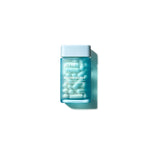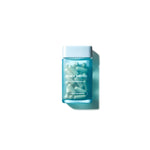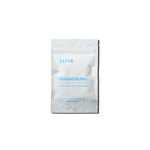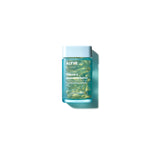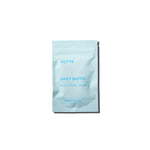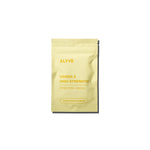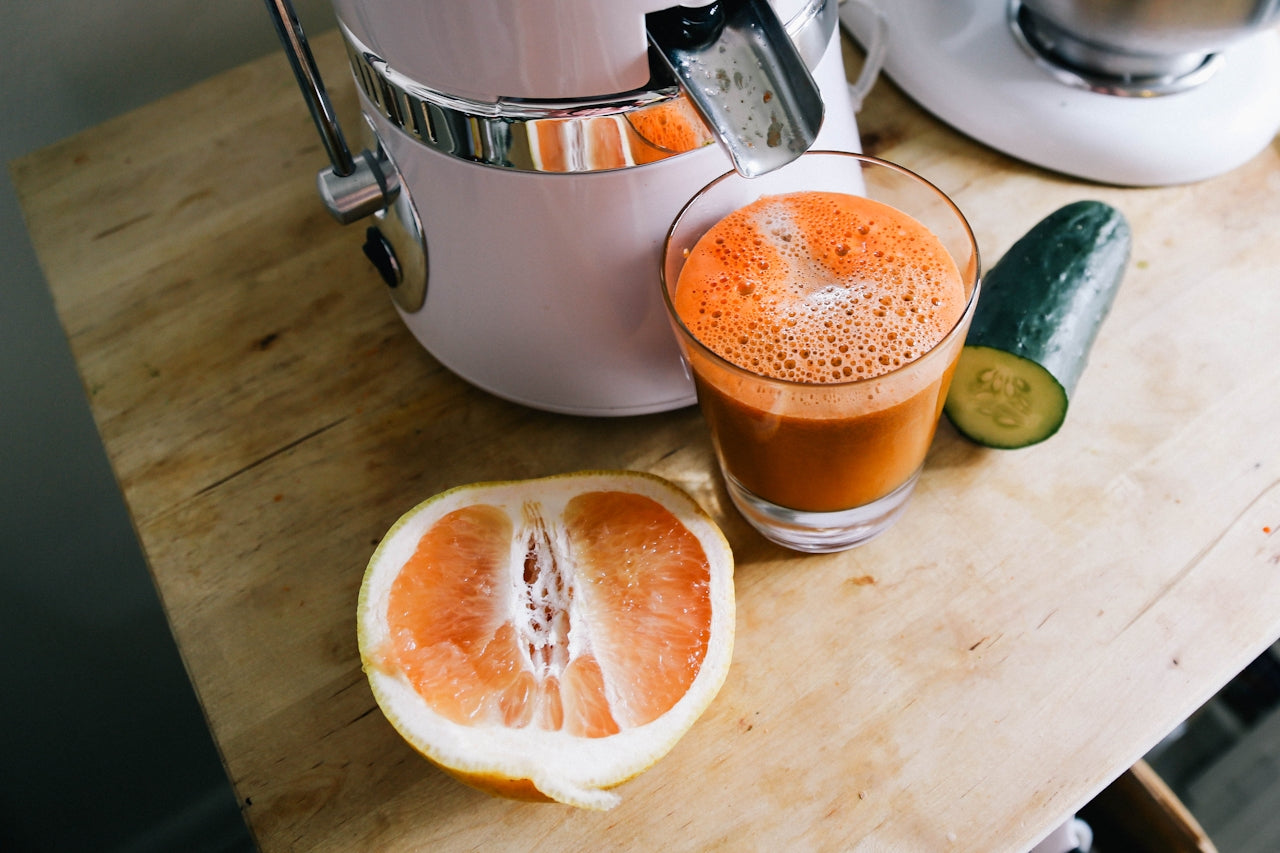So how do you look after your skin? Cream, scrubs…maybe a peel (ouch!) - let’s go a little deeper and see how we can heal from within.
Our skin is our largest organ providing a protective barrier between the external environment and our internal organs. It’s strong, protective and can heal itself, that’s no mean feat.
Skin conditions for some can be a bit of an enigma, but we know that many are caused by inflammation. Whilst there is no clear understanding of the cause of inflammatory skin conditions, one of the underlying mechanisms is the relationship between oxidative stress and the immune system, as well as the accumulation of free radicals in the epidermal layers of the skin. Whilst topical skin solutions can calm on the surface, to really get to the cause of the issue you need to look from within to defend against oxidative stress, which will protect the skin barrier.
Research has shown that vitamin E plays a role in membrane integrity and even the ageing process and low vitamin E can cause a delay in wound healing. Research showed that those with Psoriasis, Vitiligo, atopic dermatitis, and acne had significantly lower levels of serum Vitamin E than the control groups. Plant-based oils, nuts and seeds contain vitamin E, which has anti-inflammatory and antioxidant properties. Our favourite sources are almonds for on-the-go snacks and peanut butter which can be used in porridges, sauces and with fruit…for yes more snacking!
Oxidative stress is an imbalance or increase in the levels of free oxygen/nitrogen radicals, either as a result of the elevation in their production or the decrease in their ability to be eliminated by our internal antioxidant systems. A study found that oxidative stress markers are elevated in those with psoriasis and share an association with the duration and severity of the disease. One way to help prevent oxidative stress is to ensure that you’re obtaining enough antioxidants in your diet. So as well as vitamin E, eat foods containing vitamins C, A, selenium, beta-carotene, lycopene, lutein, manganese and zeaxanthin. Don’t worry about trying to identify all the foods that contain these! If you eat plenty of brightly coloured fruits and vegetables every day you, should be hitting the mark.
Vitamin C supports important and well-known functions for skin health, stimulating collagen synthesis and assisting in antioxidant protection against UV-induced photo damage. Some studies have shown that not getting enough vitamin A may also contribute to the development of eczema.
Other important nutrients for the skin include zinc which has been known to help with conditions such as acne. In one study those with acne had decreased serum zinc levels and when treated with zinc saw significant improvement in inflammation compared to those who were not treated with zinc.
There are in fact up to 20 nutrients that can impact skin health and many more that help indirectly. As well as a varied diet full of fruits and vegetables, to make sure you are getting everything in your diet a good multivitamin with targeted skin health nutrients can also be beneficial for skin health.
References
- https://journals.plos.org/plosone/article?id=10.1371/journal.pone.0261259
- https://www.mdpi.com/2076-3921/11/2/282
- https://www.mdpi.com/2072-6643/9/8/866
- https://www.nature.com/articles/ejcn2009148
- https://onlinelibrary.wiley.com/doi/abs/10.1111/dth.12576
- https://www.tandfonline.com/doi/full/10.4161/derm.1.5.9706
